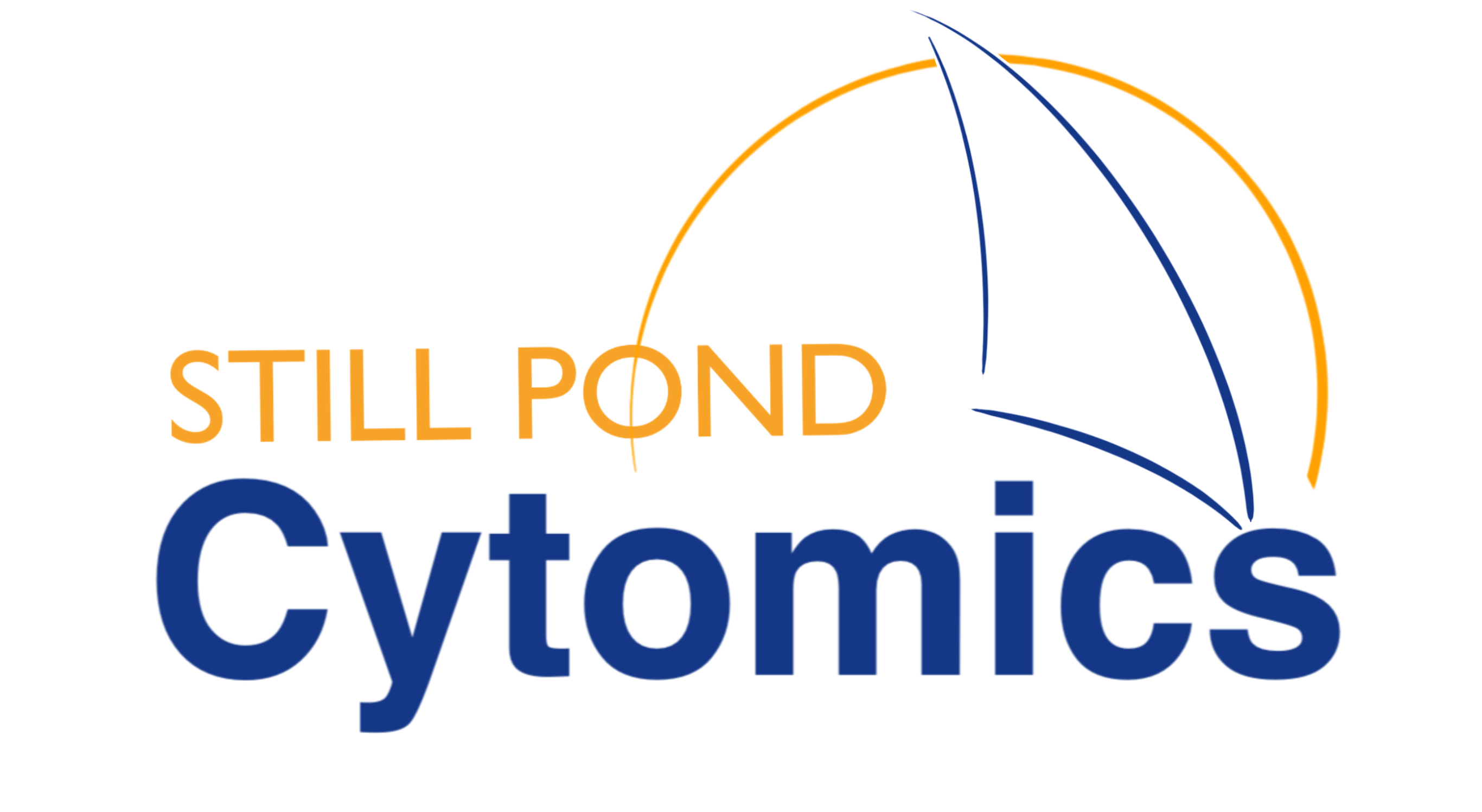All sessions will be located at the University of Pennsylvania Perelman School of Medicine, in Richards B102B. Please bring your laptop and power cord, and make sure your laptop can connect to AirPennNet.
Below is a rough schedule for the workshop. Depending on the directions that you, as a group, want to take us, we may deviate signficantly from this. So please consider this a roadmap of where we aim to go.
| Session<> | Topic | Concepts | Materials |
|---|---|---|---|
| Tue Feb 11, 10 am – 12 noon | Introduction to R, Bioconductor and RStudio. Flow Cytometry in R. Github basics. | RStudio elements. Environment, history, help. Installing packages from CRAN, Bioconductor, Github. | Intro to R (ppt) Flow cytometry in R (ppt) Install wadeTools |
| Wed Feb 12, 9 am – 11 am | Coding Basics. RStudio Projects. | Basic coding. Separation of scripts, functions. Getting all kinds of help. Think, write, run, evaluate, rinse and repeat. Coding style and best practices. More Github. | Coding Basics (ppt) Coding Style (ppt) |
| Thu Feb 13, 9 am – 11 am | Starting a new flow cytometry project. | Downloading and preparing flow cytometry data using a large FlowRepository dataset. Initial survey of the data. QC. Pre-gating with performance diagnostics. Writing out gated FCS files for downstream analysis. | A real project with real data from FlowRepository! |
| Tue Feb 18, 10 am – 12 noon | Clustering for flow cytometry. | Basics of clustering (partitioning, hierarchical, fuzzy, density-based, model-based). Dissimilarity measures (geometric, correlation). Intro to flow-specific clustering packages (e.g. FlowSOM, fluster, panoplyCF). Comparison/evaluation of clustering results. | Clustering Basics (ppt) Clustering for Flow (ppt) Fluster PanoplyCF |
| Thu Feb 20, 9 am – 11 am | Open lab – bring your data and code you’ve written for critique and suggestions | The thinking step. Conceptualizing your approach. | |
| Tue Feb 25, 10 am – 12 noon | Continued project work | Refining your coding approach. Evaluating your results. | |
